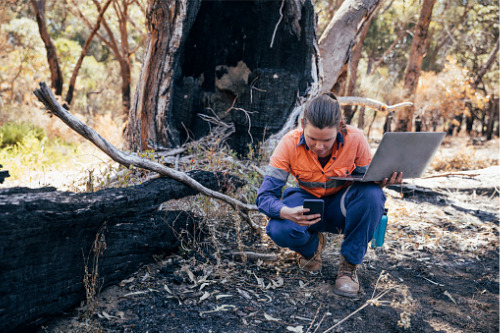

Most sectors have developed their own independent approach to addressing climate change, but when it comes to insurance and financial services, it may be more important than ever to work in tandem with scientists, particularly as risks increase and become more costly.
Commenting on the need for collaboration, ICNZ chief executive Tim Grafton explained that he was part of a group of sectors which interacted with scientists for a number of years, and that the benefits were two-fold - scientists gained a greater understanding of real-world practicalities, and the sectors were able to make better business decisions around their level of climate risk.
“It’s not just the scientists or just the financial sector that’s responsible for responding to climate change - we require a number of entities to be part of this mix,” Grafton said.
“For the past three years, I was the chair of a ‘users group’ of sectors involved in science research, and our role was solely to talk to the scientists to say ‘this is what we want, and we’d like to know this information to assess our risk.’ Similarly, for the scientists, it was an enlightening moment for them to understand the real-world practical outcomes that they should be gearing towards.”
“There really needs to be a coming together on these points,” Grafton explained.
“The critical issue is also how you translate this through to get the right price, because if you mis-price climate change, you affect investment everywhere.”
Grafton said that in order for the world to hit its sustainability targets, the financial services sector needs to be sending the right ‘signals’ into the investment market, and that the role of governments and regulators is also vital.
“If we’re looking for a smooth transition into a sustainable, low-carbon economy, then those investment signals need to be as precise as possible, albeit recognising some huge uncertainties,” he said.
“Here in New Zealand, we have a Climate Change Commission which will recommend emissions budgets going out to 2050, and that has put through sets of scenarios of the kind of parameters we might see for the world ahead, and we have to make decisions on how to navigate through that.
“Regulators, government and leadership at the board level is absolutely critical.”
